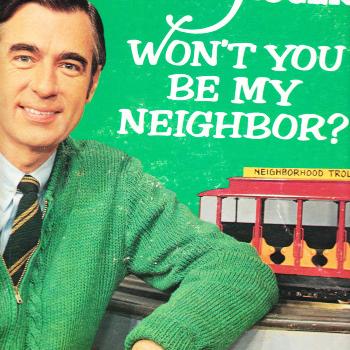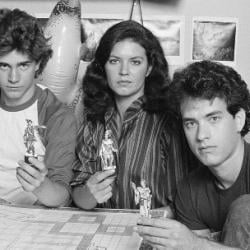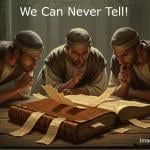Slate's Timothy Noah writes of the Bush administration's "war against empiricism":
Rather than simply ignore information, Bush and his minions have resolved to suppress it or, better yet, to prevent it from being created in the first place.
Noah cites three progressively worse examples.
1. Ignore information provided by experts in your own government. Noah cites the example of the pre-invasion war games conducted by the CIA which accurately predicted, among other things, massive civil unrest and looting after the toppling of Saddam Hussein's regime. Pentagon personnel were prohibited from participating in these exercises, because, as James Fallows reported in The Atlantic Monthly, "… detailed thought about the postwar situation meant facing costs and potential problems, and thus weakened the case for launching a 'war of choice.'"
2. Prohibit the output of the information by these experts to ensure no one else uses it either. Noah's example is the threatened firing of the government's main Medicare actuary, Richard Foster, if he made public the actual costs of the recently passed Medicare legislation.
3. Prevent government experts even from collecting information. Here Noah recounts the EPA's prohibition against scientific and economic analysis for proposed rules on mercury emissions.
This, Noah figures, is the nadir of know-nothingism:
Where will the Bush administration go from here? Can the war against empiricism be advanced any further? Experience would suggest not.
I admire Noah's astute categorization of the varieties of willful ignorance practiced by the Bush administration, but I disagree with this last point. The "war against empiricism" can indeed be advanced even further. Consider:
4. Prevent anyone else from collecting information either.
Examples of this last step are difficult to come by since, by definition, we wouldn't know. But perhaps you can think of an example or two.












